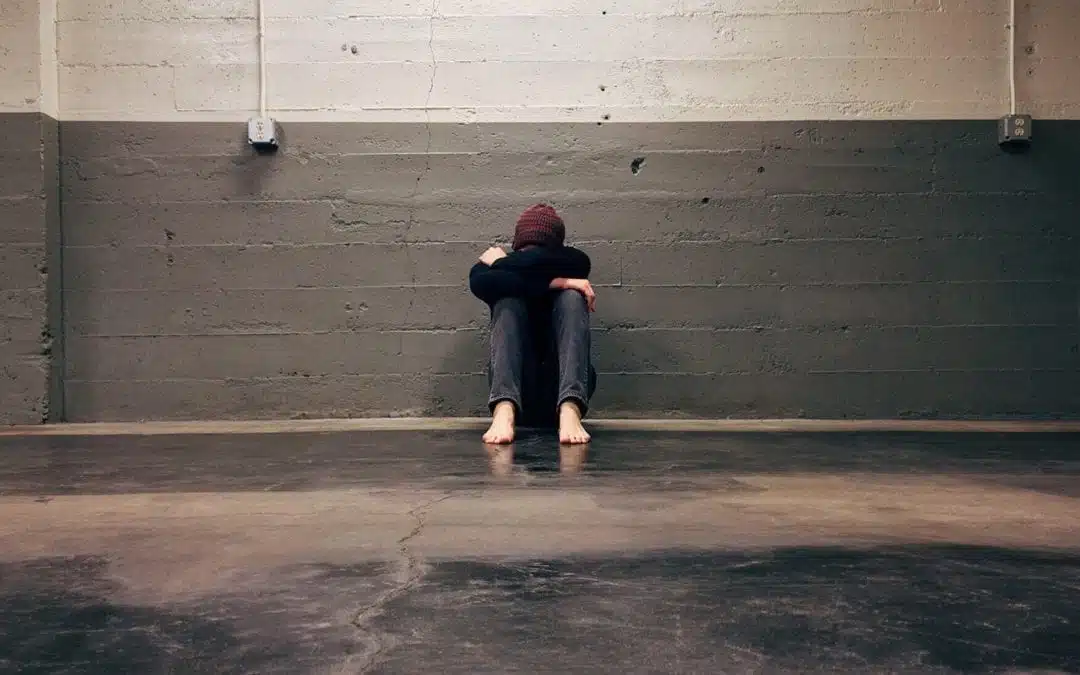For the last few days, Tom Petty’s, “The Waiting” has been stuck in my head. Especially the line, “The waiting is the hardest part.” This could be for a couple of reasons. One, It’s catchy (and Tom Petty was one of my family’s favorite bands growing up). But two? It’s true. We’re all feeling it right now, in a season of waiting.
Waiting for a vaccine. Waiting to see how the districts and schools are planning to keep our children safe. For some, waiting to see if they are going to have a job.
All of this waiting does one thing; it creates anxiety.
Anxiety can be different for everybody, but what’s consistent is that we expect catastrophe. Rarely does a situation ever end up being the worst, but unfortunately, our brain’s main job is to help us survive. And it does so by planning for that “worst,” whatever it is.
Our level of anxiety can ebb and flow, or it can stay in a significant state of arousal. When the brain detects threat–through a process which Stephen Porges calls “neuroception” (neurology + perception)–the neurotransmitter norepinephrine is released in heavy doses. This turns on our body’s accelerator (sympathetic nervous system) and simultaneously activates the hypothalamus-pituitary-adrenal (HPA) system, which allows the hormones of adrenaline and cortisol begin flowing. These hormones are meant to help our body have the energy to escape threats by releasing stores of glucose and fat. However, when a threat persists, so do these hormones, and in prolonged states, they can be harmful.
So back to the waiting…
As we wait, the unknown and unpredictable future can bring up anxiety. It can remind our brain of what was unknown and unpredictable as a child, adolescent, or young adult. Each day without an answer can slowly increase our fear and irritability, and negatively impact our well-being if we let it.
However, anxiety doesn’t have to control us.
Here are four things that help reduce our anxiety:
Be kind. When I work with clients, one of the areas we generally focus on is learning to be kind to ourselves to help increase self-compassion. Most of us are great at being kind to others, and would never imagine saying to others what we say to ourselves. Daniel Siegel says, “Kindness and compassion are to the brain, what breath is to life.” Self-compassion is crucially important for our mind and health.
Be still. Jesus would often go and find a place away from his disciples so that he could spend time alone with God. For optimal health, our body needs to move and our mind needs quiet. When we quiet our mind, it allows us to focus and be more connected with our Heavenly Father and with others. One easy way to do this is to take a short scripture or a characteristic of God like “God is Love” and as you breathe in and out repeat this scripture or characteristic for about 5 to 7 minutes. Then just sit in his presence.
Be present. I always like to say that anxiety keeps us in the future while trauma keeps us in the past. However, learning to live in the present is what keeps us healthy. Alcoholics Anonymous is famous for its short little philosophical truths. My favorite is “One day at a time.” Being present is a skill. It takes practice, and the more attention you give it, the easier it becomes.
Be faithful. Throughout scripture, there is a consistent theme of waiting on God to move. For example: “Be still in the presence of the LORD, and wait patiently for him to act.” (Psalm 37:7). I have learned throughout my life that we are going to go through times where we have no clue what God’s purpose is. And that is okay.
However, what I encourage myself, my clients, and you to do is to ask God, “Help me to see what you are doing in all of this.” Most of the time, when I’m removed from the situation I can see God’s hand in it. God is moving here, even in a season of waiting, and we can trust that he has a plan and is with us in it. As Psalm 63:5-6 says, “Let all that I am wait quietly before God, for my hope is in him. He alone is my rock and my salvation, my fortress where I will not be shaken.”
Invitation
Are you anxious, worried, and stuck at home? We would love to set you up with one of our professional therapists (we have online counseling options). Feel free to explore our website and read through some of our therapist’s bios. Give us a call with your questions at 303-902-3068 or email us at info@christiancounselingco.com.





